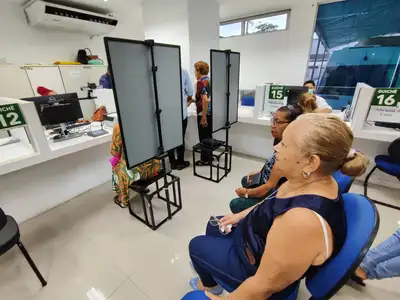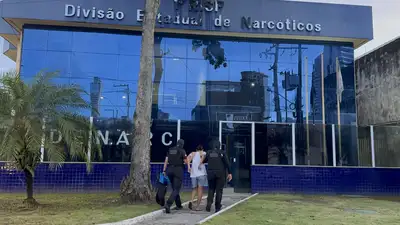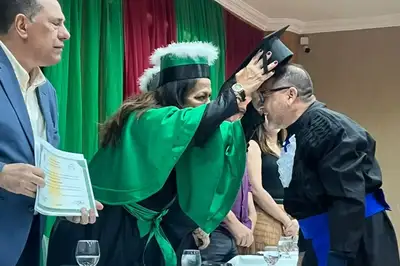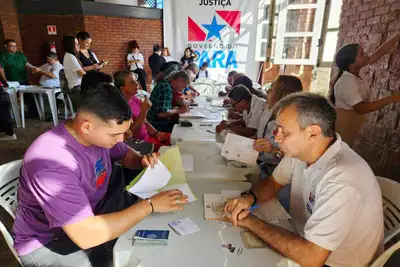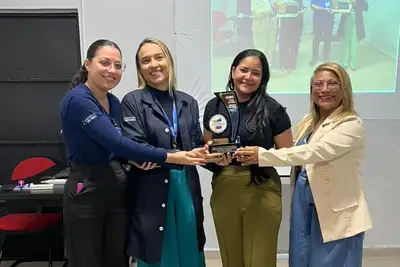With the support of Emater, turu and gurijuba broth can be part of school meals
In Soure, Marajó, a Working Group leads the discussions, with the participation of artisanal fishermen, UFPA academics, and partners
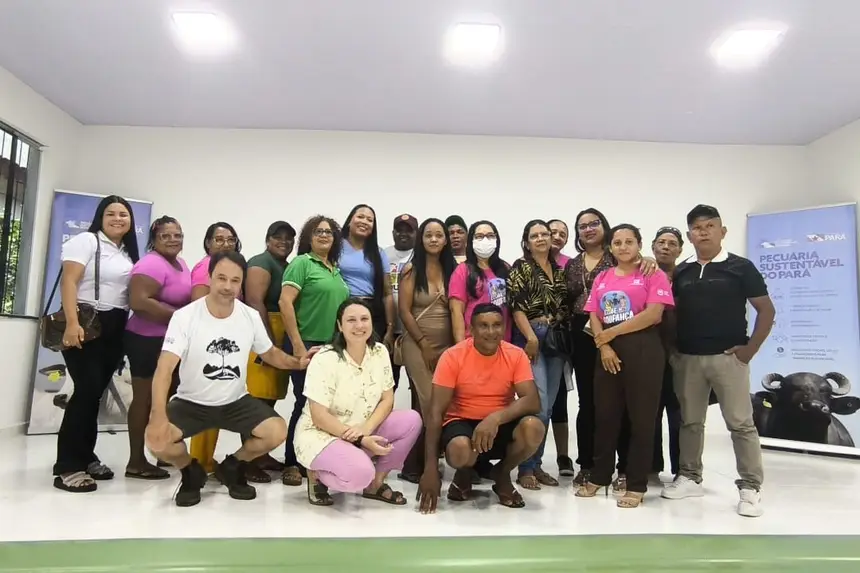
Starting next year, the mollusk turu, a protein delicacy from the Amazon rivers, may become part of the school meals in Soure, Marajó. This novelty will result from an initiative led by the local office of the Technical Assistance and Rural Extension Company of the State of Pará (Emater), along with artisanal fishermen, the City Hall, the Federal University of Pará (UFPA), the Federal University of Paraná (UFPR), and the non-governmental organization (NGO) Rare Brazil, among other partners.
On Monday (29), a discussion circle at the Emater headquarters in the Centro neighborhood consolidated the first official stage of forming a Working Group to include typical dishes based on extractivism ingredients in the region, with an emphasis on fish and açaí.

In the context of the National School Feeding Program (Pnae), the goal is to collectively develop and propose that the kitchens of public schools in the municipality offer meals such as baked coxinha and baked turu pastry, gurijuba broth, and fried bacu.
"It is a slow process, but with solid steps. Some of the challenges are sanitary adequacy, care with allergenic elements, acceptance by the palate of children and adolescents, respect for customs, and stock organization, which is why it is so important for as many interested social actors as possible to come together and work in harmony, always with the leadership of family farmers," points out the head of the local Emater office in Soure, agronomist Sandro Pinheiro, a specialist in Biodiesel.
The professional highlights the participation of women living in the Marine Extractive Reserve of Soure, who are already organized in so-called "savings groups," a financial management and entrepreneurship tool guided by Rare Brazil.
Maria Auxiliadora Lobato, 39, first secretary of the Marine Extractive Reserve Association of Soure (Assuremas), says that the opportunity to supply for school meals is "wonderful": "It is a moment of validation, of dissemination, not only of the food itself, as tradition, but of the entire history of the population to which we belong: it is a transmission of values and knowledge to new generations," she considers. Together with her husband, Dion Batista, 42, the extractivist manages to sell up to a thousand live crabs per month during the capture season.
The youngest daughters, Dione Maria, 19, and Jhenif, 17, would be immediate consumers, given that they are in high school in the public network: "And then the cultural and socioeconomic cycle is completed: nature gives, we collect, the girls consume," she estimates.
Calendar
On the next October 8, the working group will attend a lecture on nutrition given by the Municipal Education Secretariat (Semed), also at the Emater headquarters.
Text by Aline Miranda


